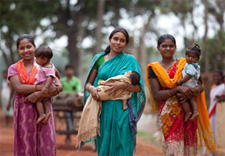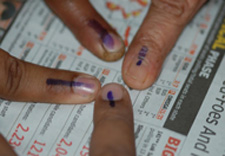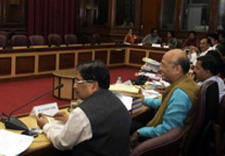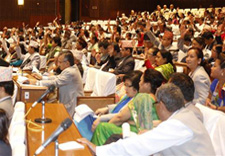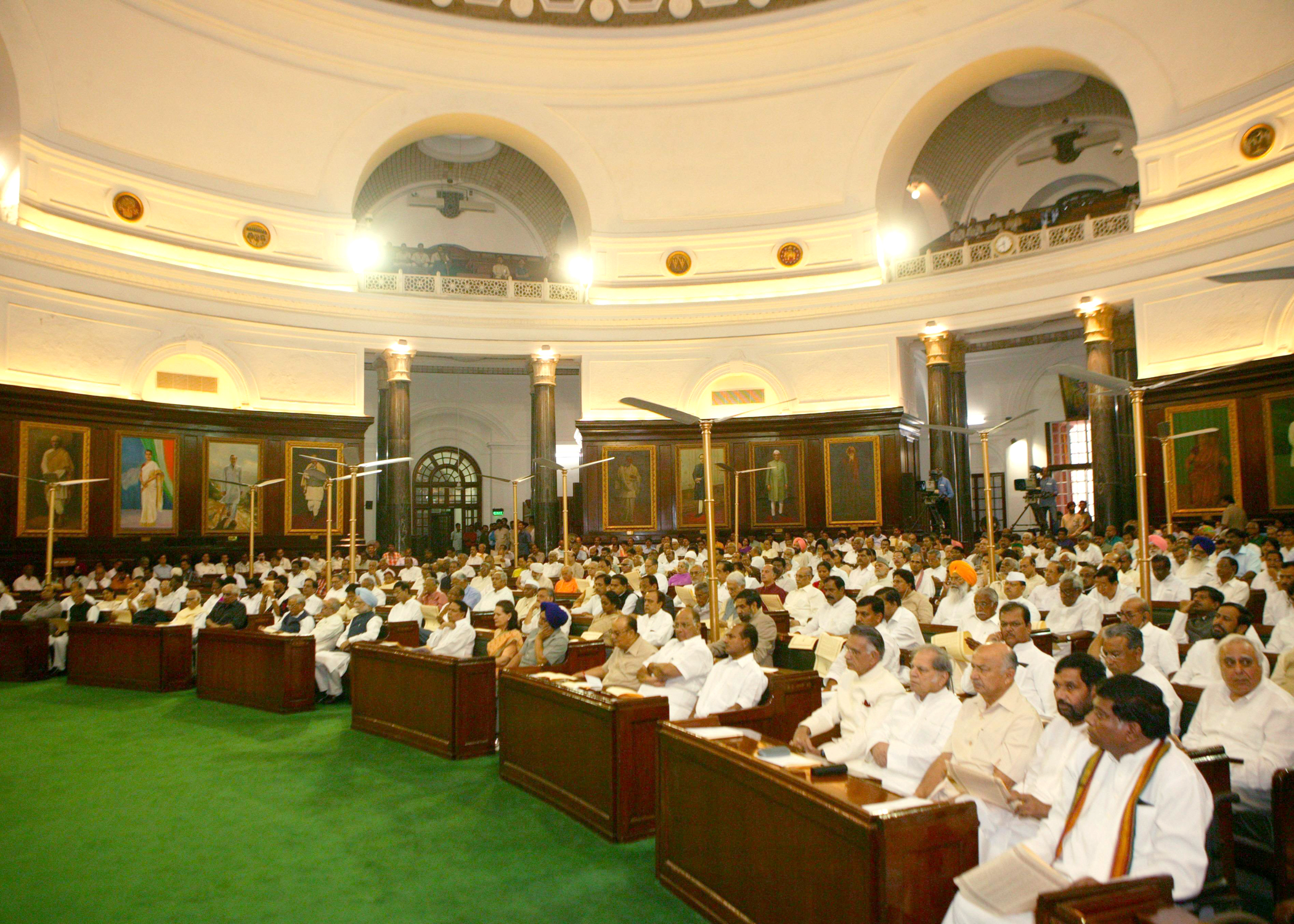Keeping Secrets from the Prime Minister’s Office (PMO)
Clinical trials are done on human volunteers who participate from altruistic motivations in what could be a dangerous enterprise. Prior informed consent must be obtained after full disclosure of the risks involved. If during the trial, it shows up unacceptable risks, the trial must be stopped.
Imagine a trial involving 6 week old infants. Their parents trustingly allow their babies to be experimented on. If the trial shows serious, statistically significant increase in risk of a potentially fatal complication, it will be unethical to further test the drug without informing the volunteering parents of the risks that the trial has already shown.
The ‘Indian rotavirus vaccine’ was studied in a randomized controlled trial in 3 centres, one of which was Vellore where 1000 infants received the vaccine and 500 were controls. A dreaded complication of this vaccine is intussusception where the intestine telescopes into itself and there is risk of gangrene and death. The number of intussusceptions at Vellore was almost 20 times the corresponding figure at Delhi suggesting that children there are more susceptible.
The centre-wise segregated-data on how many babies among the vaccinated developed clinical evidence of intussusception has not been disclosed. The study doctors are saying that the sample size studied was small and so although the data shows statistically significant risk; it is not adequate to comment on the adverse effects. Biostatisticians say this is disingenuous. A previous vaccine Rotasheild was withdrawn from the market because of intussusceptions. The number of intussusceptions with the new vaccine is 5-10 times higher. A much smaller sample size can show up statistical significance because of this high incidence of intussusceptions with this new vaccine. The Declaration of Helsinki mandates that research must never take precedence over the rights and interests of individual research subjects. Only after the data is put out in the public domain can independent scientists and statisticians comment on it. Nemo judex in causa sua meaning no one should be a judge in his own cause. The researchers cannot select not to disclose safety data.
Without disclosing this data, there is a plan to do a study on 100,000 more children exposing them to this risk. The data has not even been shared with the Government’s advisory body – the National Technical Advisory Group on Immunization (NTAGI) in spite of repeated requests.
It is interesting that the PMO has requested analysis of the segregated Vellore data, twice, and it has been denied. In response to the reference (PMO No. 4219998/2015 dated 22.06.15), the minutes of Subject Expert Committee (SEC) meeting of 30.06.2015 merely state that they did not find the concerns of non-disclosure of safety data from Vellore well authenticated. On being asked a second time the minutes of the SEC meeting of 29.07.2015 states: “Further review of data with respect to site at Vellore with regard to intussusceptions may (be) undertaken, if required, based on observations of Hon’ble High Court of Delhi”. Thus it appears that the SEC will take instructions only from the High Court and not the PMO in this matter. Under the Right to Information Act 2005 this data, acquired with GoI funding, must be supplied on request to any citizen of the country. It is this that has been denied to the PMO.
It may be noted that the patent of this so called ‘Indian vaccine’ (Patent: (G9P11) US 5773009 A) is held by the US Department of Health and Human Services and so they are to profit from its sales. One wonders if this explains the impunity with which this country’s authority is disregarded.
(This article was originally published in the IMPF Newsletter, Winter Session Issue: Nov-Dec 2015)
Jacob Puliyel MD MRCP MPhil
Head of Paediatrics, St Stephens Hospital, Delhi
(The author is a member of the National Technical Advisory Group on Immunization (NTAGI) of the Government of India. The views expressed are his own.)


 13 March 2016
13 March 2016  0 Comments
0 Comments Updated News
Updated News